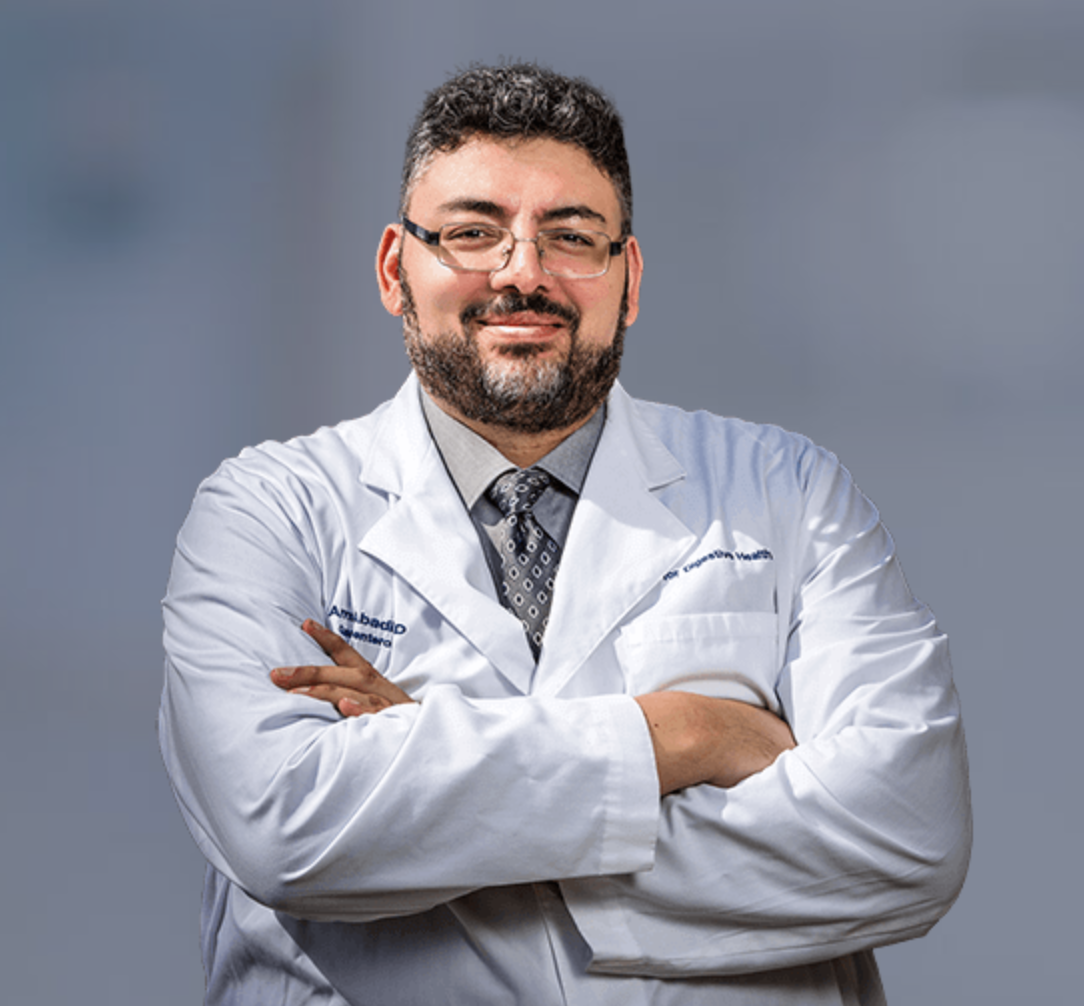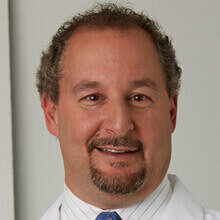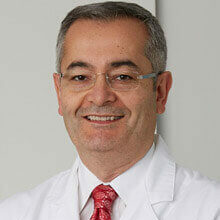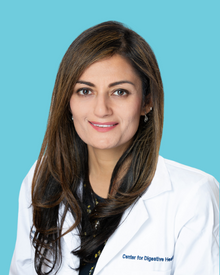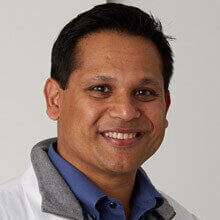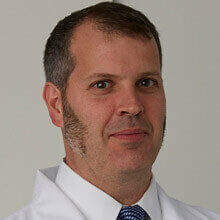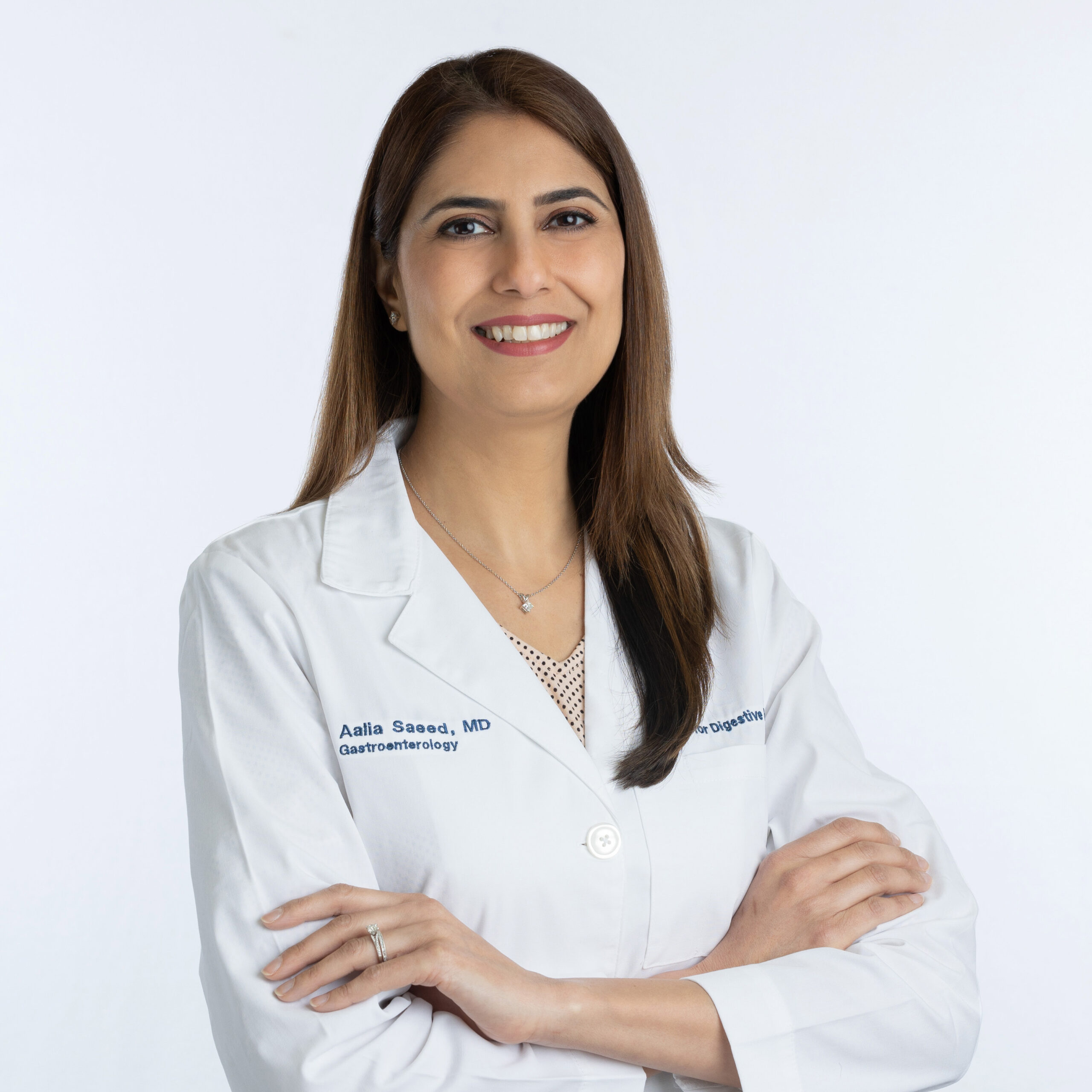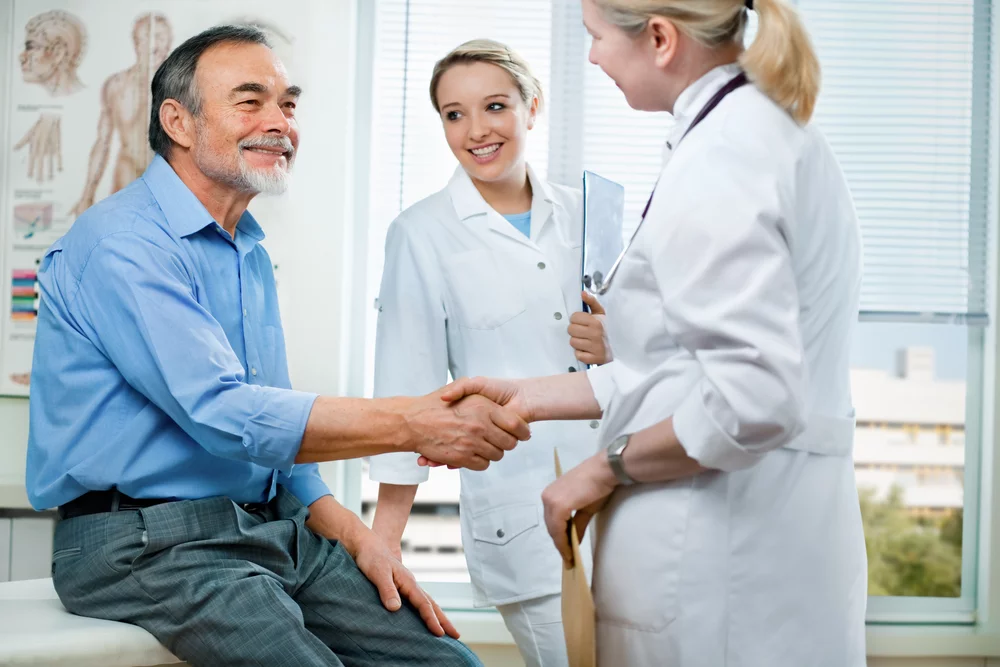Food intolerances may appear similar to food allergies, but they are different. A food allergy causes an immune system response, which can sometimes be severe or even life-threatening. A food intolerance, on the other hand, is typically less serious and involves some unpleasant digestive symptoms after the consumption of triggering foods.
Most of the time, when the body has a negative physical reaction to food, it is because of a food intolerance, rather than an allergy. In some cases, you may be able to consume small quantities of a triggering food without showing symptoms of food intolerance.
What causes food intolerance?
If you have a food intolerance, your body may lack an enzyme needed to digest certain foods. Digestive conditions like irritable bowel syndrome and celiac disease can also cause food intolerances. In some cases, ongoing stress or psychological issues can be linked to food intolerance.
What foods commonly cause intolerances?
Lactose intolerance is a common food intolerance, affecting about 10 percent of people in the United States. This food intolerance is a result of people being unable to digest the sugar in milk, causing an intolerance toward dairy products. People with celiac disease are intolerant to gluten, which is a protein found in wheat and grain products. Finally, some people may be intolerant to food additives, such as sulfites, which are found in wine, dried fruit, and canned goods, and others can even be intolerant to dyes and flavorings found in processed foods.
How can I treat a food intolerance?
If you notice that you commonly have a negative reaction after eating a certain type of food, you should see your doctor, who can help you to determine the cause and rule out a more serious issue like an allergy. A doctor can also help you to treat underlying issues leading to the food intolerance or come up with a plan to improve your digestion.
Common Symptoms
- “After eating some processed foods, I become extremely bloated and gassy, and I get cramps in my stomach.”
- “I have had to stop eating dairy products like cheese and ice cream, because when I do, I develop diarrhea, stomach pain, and heartburn.”
- “When I consume wine, I feel nauseous, and I get a headache pretty quickly afterward.”


